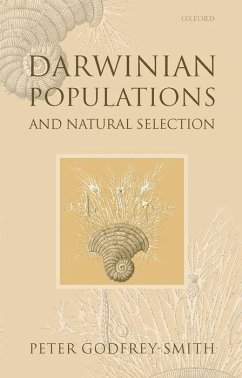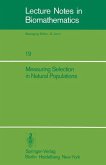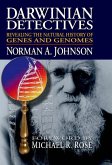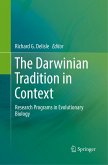A new understanding of how evolution works Eagerly awaited work from a leading figure in the field Guides the reader carefully through the latest research on natural selection Lively and readable - no expertise in philosophy or biology required In 1859 Darwin described a deceptively simple mechanism that he called "natural selection," a combination of variation, inheritance, and reproductive success. He argued that this mechanism was the key to explaining the most puzzling features of the natural world, and science and philosophy were changed forever as a result. The exact nature of the Darwinian process has been controversial ever since, however. Godfrey-Smith draws on new developments in biology, philosophy of science, and other fields to give a new analysis and extension of Darwin's idea. The central concept used is that of a "Darwinian population," a collection of things with the capacity to undergo change by natural selection. From this starting point, new analyses of the role of genes in evolution, the application of Darwinian ideas to cultural change, and "evolutionary transitions" that produce complex organisms and societies are developed. Darwinian Populations and Natural Selection will be essential reading for anyone interested in evolutionary theory
Hinweis: Dieser Artikel kann nur an eine deutsche Lieferadresse ausgeliefert werden.
Hinweis: Dieser Artikel kann nur an eine deutsche Lieferadresse ausgeliefert werden.








